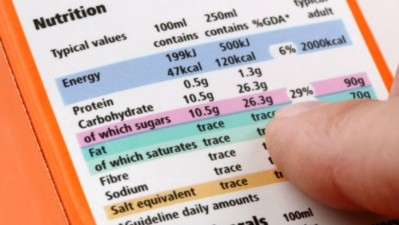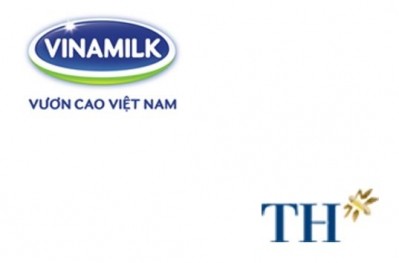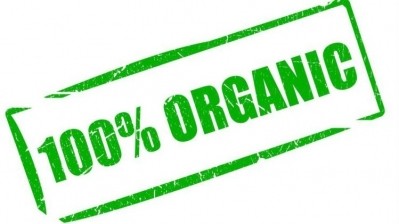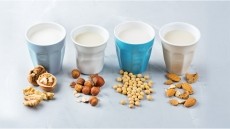Anti-social behavior: Malaysia vows to block misleading social media promotion after banana milk row
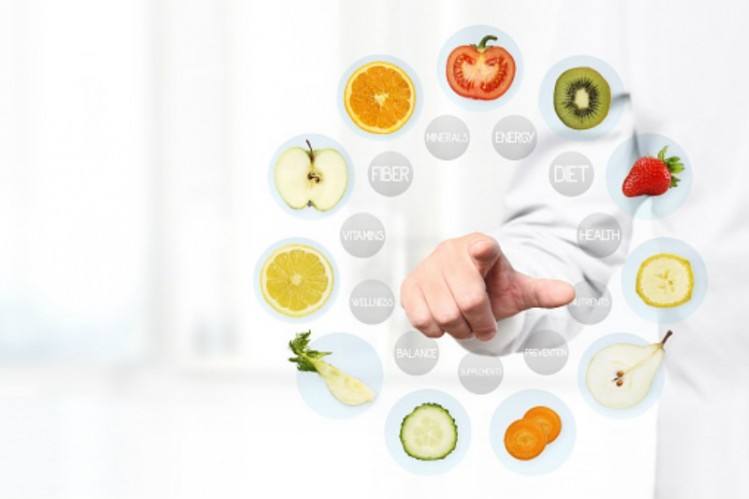
According to a formal MOH statement, this applies to the Food Act 1983, which forbids content and statements that could ‘mislead consumers’ including health claims that a product can prevent, reduce, treat or cure any disease. Failure to comply would lead a penalty of not more than RM10,000 (US$2,405) in fines or not more than two years in jail.
“MOH is formally warning all retailers or agents of food products [in violation of the act] to halt all advertising and broadcasting on social media. All consumers are also advised to be wary and not be misled by such ads,” said MOG Director-General Datuk Dr Noor Hisham Abdullah.
Dr Noor Hisham emphasised that the ministry was co-operating with social media sites to block any access to these food products through such platforms.
“MOH is working with the Malaysian Communications and Multimedia Commission (MCMC) and the admins of social platforms such as Facebook and Instagram to block access to the websites and social pages of any food products found to be in violation of the Food Act 1983,” he said.
“Till date, some 103 websites and social media pages have been blocked.”
The statement was triggered by a ‘banana milk’ brand, which it didn’t name, that had claimed to be ‘high fibre and able to remove toxins from the body’, ‘reduce obesity’ and ‘reduce blood pressure’.
“We take the illegal selling and advertising of the ‘banana milk’ product on electronic media, print media, social media, flyers and others very seriously,” Dr Noor Hisham said.
“Statements such as reducing high blood pressure, removing toxins from the body, increasing metabolism, controlling insulin levels, reducing obesity and so on are forbidden on food labels and advertisements.”
Social media furore
The firm at the centre of the dispute has been widely named as Nilofa Banana Milk and several of the claims were promoted by popular Malaysian actress Neelofa. The firm, and the actress, have since removed many of the claims.
On Twitter, users criticised it for ‘false advertising’, pointing out that the product’s ingredients list and nutrition label contained no signs of either real bananas or added fibre, so demanded to know where the ‘high fibre’ and ‘toxin removal’ claims came from.
One dietitian added that every serving of the drink contained 11.2g of added sugar, which made it unlikely to ‘reduce obesity’ and there was no sign of any added ingredient that could ‘control insulin levels’ either.
Others compared the added sugar levels to that in Coca-Cola and Pepsi, and said they ‘may as well drink Pepsi instead’.
No official statement has been released on Neelofa’s Twitter or the Nilofa Banana Milk Facebook pages (several exist based on geographical location) in response to the criticism as of time of publishing, but Neelofa was featured in a video interview saying that MOH had only ‘advised the company to improvise packaging’ but ‘not taken further action because no such claims were made on the actual drink cartons’.
